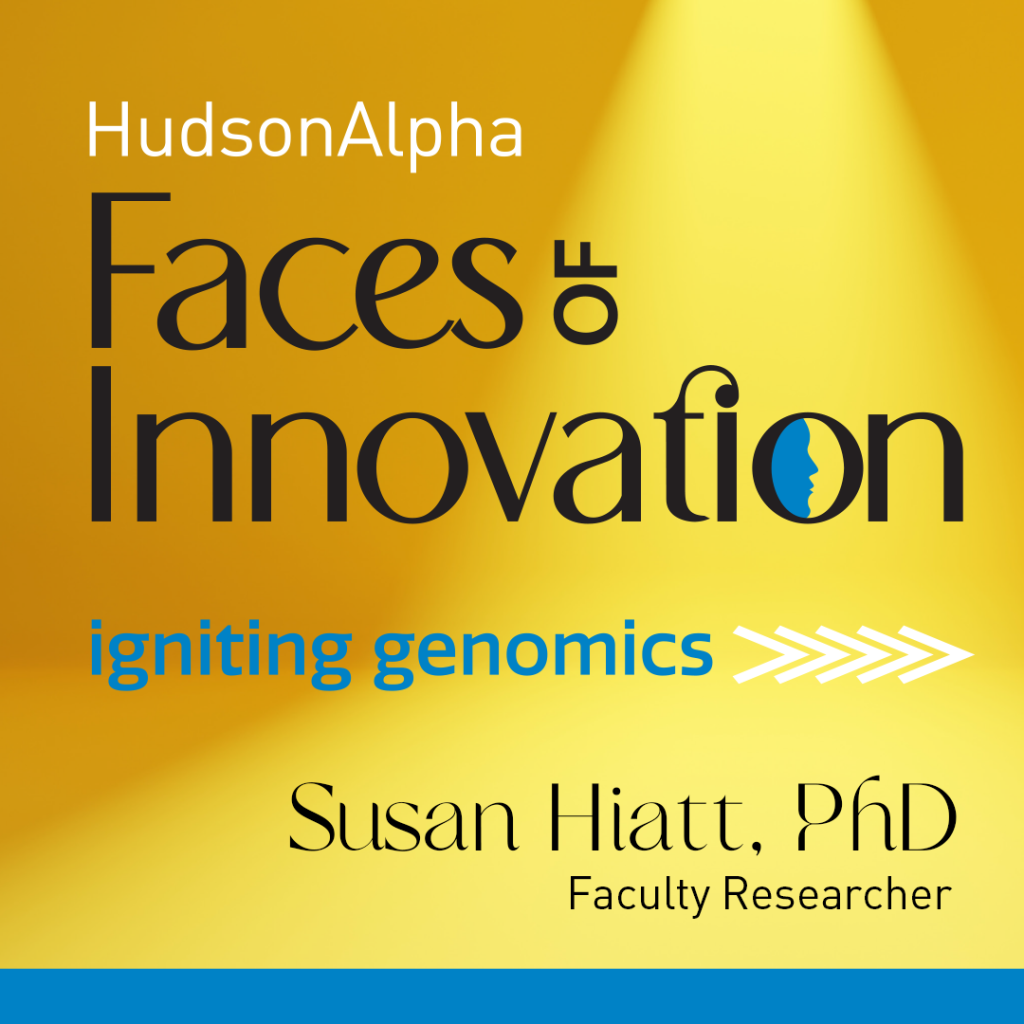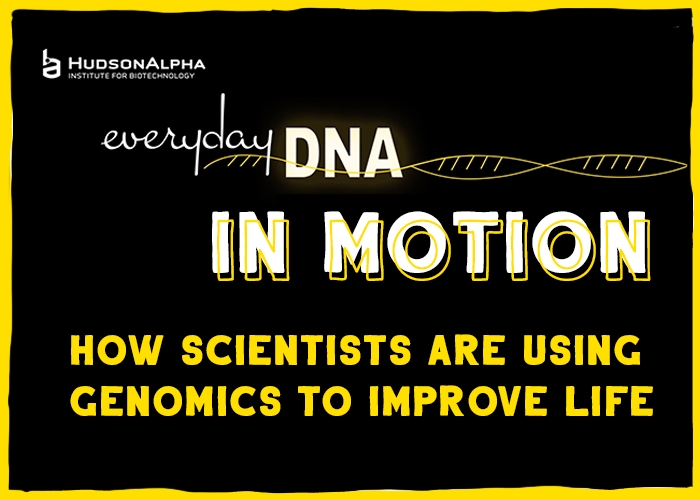Huntsville, Ala. – Scientists from the Myers Lab at the HudsonAlpha Institute for Biotechnology contributed to finding a newly-identified risk factor for one of the more common forms of early-onset dementia. The finding will help researchers by narrowing the focus for potential diagnostics and one day even treatments.
The researchers found that variation in the MFSD8 gene associates with a greater risk of developing frontotemporal lobar degeneration (FTLD), a disease that often has an early age of onset, and which can include difficult-to-manage symptoms, ranging from inappropriate social behaviors to speech problems.
The data collected in this new research, which was recently published in the scientific journal Acta Neuropathologica, suggests that rare MFSD8 variants make it harder for cells to dispose of their waste, which may lead to a toxic buildup of aggregated proteins associated with FTLD.
“We deeply value all contributions we can make to the understanding of dementia,” said Richard M. Myers, PhD, a HudsonAlpha faculty investigator. “The scientific community is making strides in understanding the genetic underpinnings of a number of neurodegenerative disorders.”
The University of California, San Francisco (UCSF) was the driving force behind the research, while scientists at the Albert Einstein College of Medicine also significantly contributed. HudsonAlpha assisted with the computational efforts as part of the Institute’s first work with the Memory and Mobility Program.
“Identifying the risk factors that accompany rare and early-onset forms of dementia gives us a better chance to understand neurodegenerative disorders as a whole,” noted Nick Cochran, PhD, a senior scientist in the Myers Lab. “With early-onset cases, we can more successfully isolate the genetic factors that go along with a variety of symptoms, which helps us build our knowledge base for the entire field.”
Bruce Miller, MD, director of the UCSF Memory and Aging Center, said, “Our continuing efforts to identify the genetic determinants of neurodegeneration will open new doors for predicting, diagnosing and treating these diseases. We are constantly adding to that knowledge bank, and this work is expedited by our collaboration with partners such as HudsonAlpha.”
Primary support for this study was provided by the Rainwater Charitable Foundation. Additional support was provided by the Memory and Mobility Program through the HudsonAlpha Foundation.
About HudsonAlpha: HudsonAlpha Institute for Biotechnology is a nonprofit institute dedicated to developing and applying scientific advances to health, agriculture, learning, and commercialization. Opened in 2008, HudsonAlpha’s vision is to leverage the synergy between discovery, education, medicine, and economic development in genomic sciences to improve the human condition around the globe. The HudsonAlpha biotechnology campus consists of 152 acres nestled within Cummings Research Park, the nation’s second largest research park. The state-of-the-art facilities co-locate nonprofit scientific researchers with entrepreneurs and educators. HudsonAlpha has become a national and international leader in genetics and genomics research and biotech education and includes more than 30 diverse biotech companies on campus. To learn more about HudsonAlpha, visit hudsonalpha.org.
Media Contact:
Margetta Thomas
mthomas@hudsonalpha.org
256-327-0425


